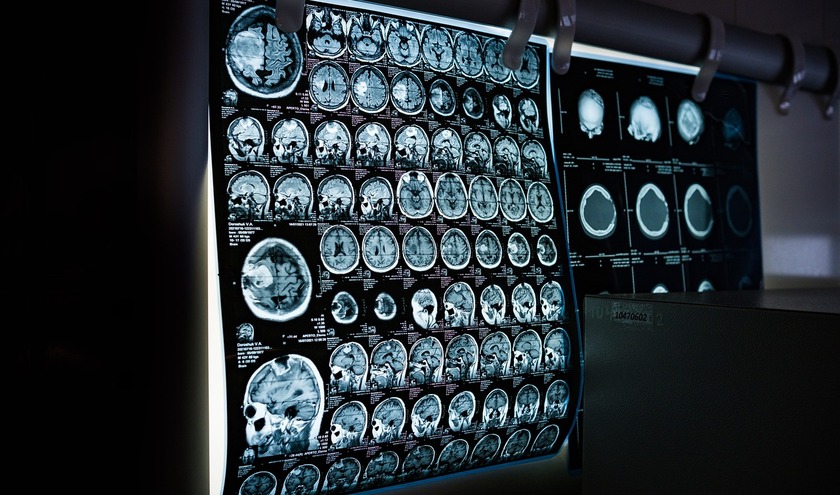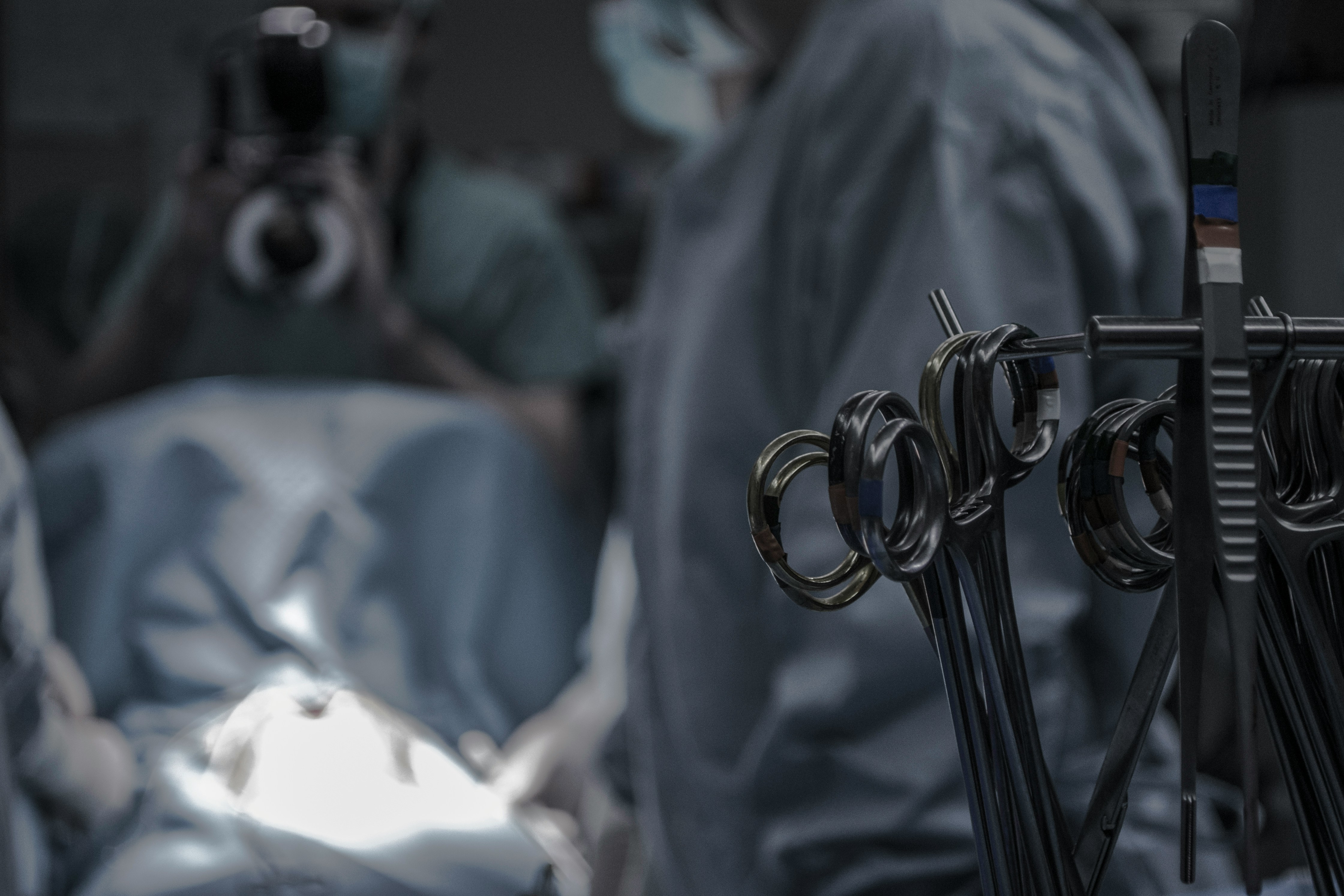The study, by a team at King's College London and University College London, shows how the MELD Graph tool significantly improves the detection of focal cortical dysplasia (FCD) which is a leading cause of epilepsy.
FCDs are a common structural cause of epilepsy and in people with this type of epilepsy, seizures are usually not able to be controlled with medications. Surgery to remove the lesion can be an effective and safe way to stop the seizures. However, the challenge is that FCDs can be subtle and difficult to see with the human eye and up to half of these lesions are missed by radiologists.
Researchers say the tool will speed up diagnosis times, get patients the surgical treatment they need quicker, and reduce costs to the NHS by up to £55,000 per patient.
In the study, the researchers pooled MRI data from 1,185 participants – including 703 people with FCD and 482 controls - from 23 epilepsy centres around the world. They then trained the artificial intelligence tool, MELD Graph, on the scans to detect these subtle brain abnormalities that might otherwise go undetected.
While the tool is not yet clinically available, the research team have released the AI-tool as an open-source software. They are running workshops to train clinicians and researchers around the world, including Great Ormond Street Hospital and the Cleveland Clinic, in how to use it.
Co-lead Dr Sophie Adler from UCL said: 'This type of research is only possible with international collaboration. We were privileged to work with 75 researchers and clinicians towards this common goal of no missed epilepsy lesions worldwide.'



